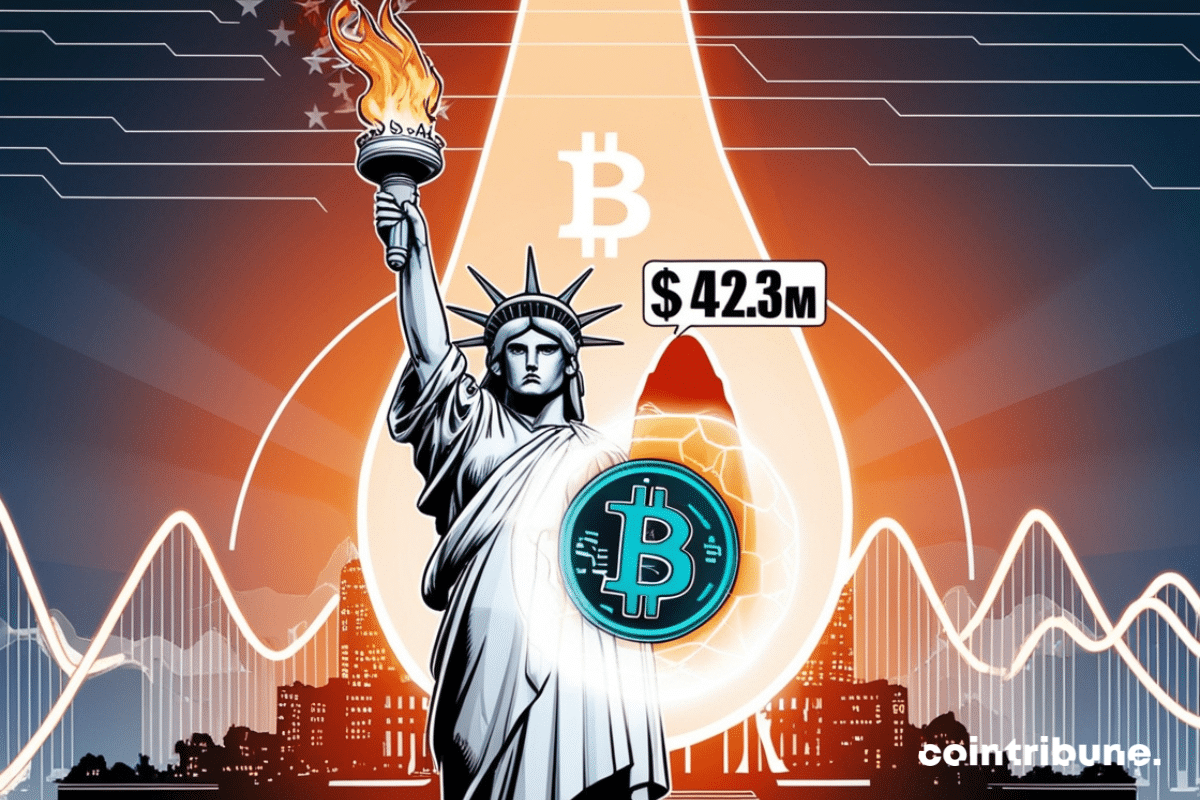On Wall Street, the rumor is growing: 2049, Bitcoin soars, the debt collapses. A grand bet, a shaken America.
Cynthia Lummis
The crypto ecosystem could enter an unprecedented transformation phase. For years, markets have followed well-established cycles dictated by the internal mechanisms of bitcoin, including the halving, which times the periods of rise and fall. Today, a large-scale political initiative is emerging, likely to disrupt these historical foundations. American Senator Cynthia Lummis has proposed the Bitcoin Reserve Act, a bill aimed at recognizing bitcoin as a strategic reserve asset for the United States. This initiative, which plans for the gradual integration of one million bitcoins into the U.S. federal reserves, is set against a backdrop of increasing economic and geopolitical rivalries. As powers like Russia and Germany also consider adopting similar strategies, this proposal raises questions. Furthermore, the implications of such an approach go beyond American borders and redefine the role of Bitcoin on the international stage, granting it an unprecedented status in the history of cryptos.
The creation of a strategic reserve of bitcoins is seen as the most significant monetary earthquake since the end of the Bretton Woods agreements in 1971. The Dilemma The American Senator Cynthia Lummis could lay the first stone of a renovation of the international monetary system.
The idea of placing Bitcoin at the heart of American strategic reserves could disrupt global financial paradigms. This is the bold proposal of Senator Cynthia Lummis, a staunch supporter of cryptocurrencies, who suggests transforming a portion of the United States' vast gold reserves into Bitcoin. Such a debate, far from being trivial, is unfolding in a context of astronomical debts and rapid inflation, placing digital innovation in competition with traditional systems.



